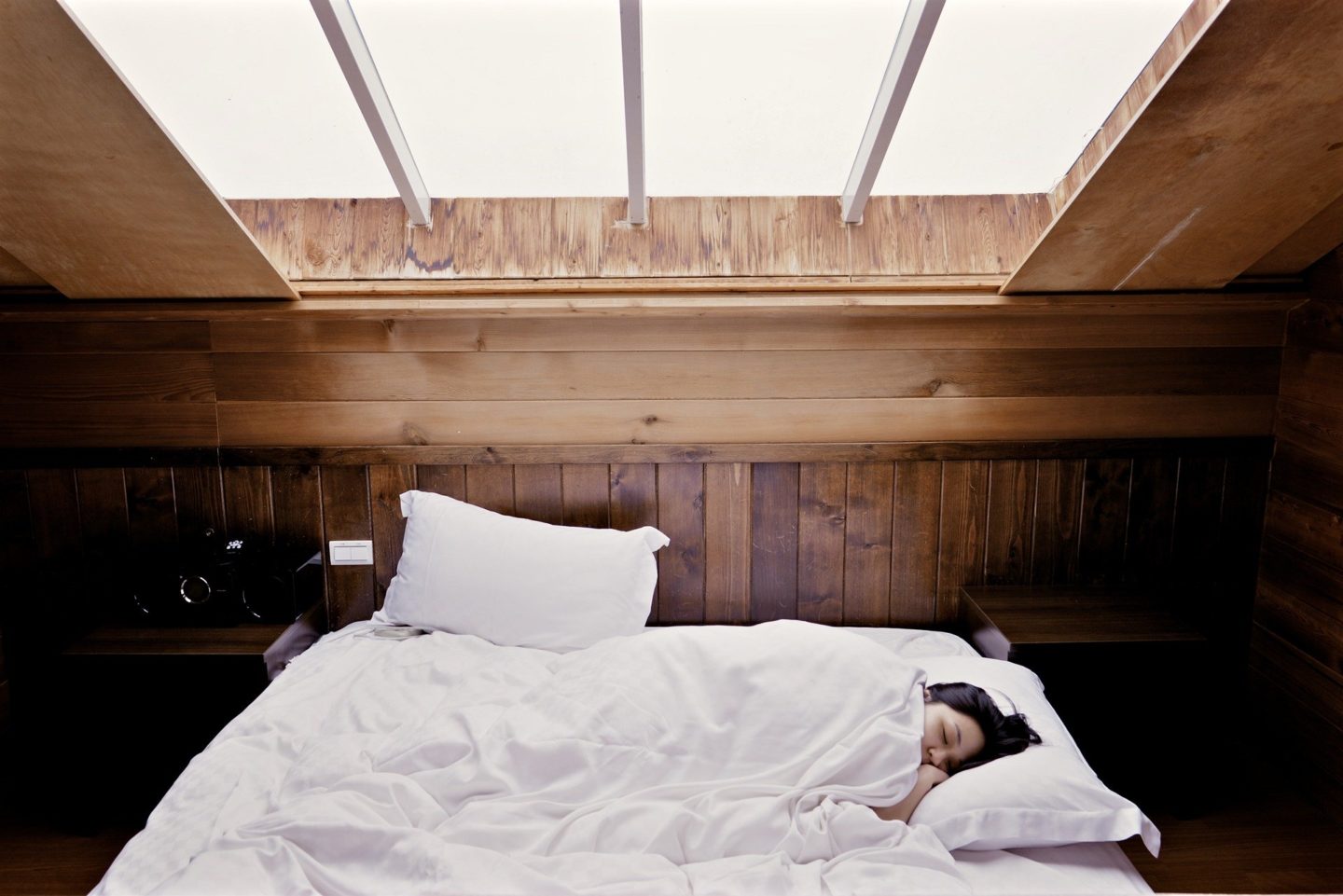Disclosure: This is a collaborative post.
Sleepless nights are part and parcel of life when you have young children, but what happens if you have older kids that can’t sleep? A lack of sleep can affect everything from energy levels and concentration to health and mental wellbeing. The infographic below provides an insight into the effects of sleep troubles and some tips for parents to improve their children’s sleep quality.
Around 10% of children experience sleep problems, but the majority of youngsters don’t get enough sleep. Teenagers need a minimum of 8 hours of sleep per night, but studies show that 76% of 17-year-olds don’t hit this target. Younger children need even more sleep, with toddlers advised to sleep for up to 13 hours a day including naps.
Sleep deprivation can contribute to daytime tiredness, a loss of focus, irritability, hyperactivity and even an increased risk of depression. Not getting enough sleep can also make children more susceptible to illness and affect performance at school.
To combat sleep troubles, experts recommend avoiding giving children sugary foods and drinks that contain caffeine before bed and limiting screen time. Exposure to digital screens can affect melatonin levels, which can make getting to sleep more difficult. Children are also encouraged to relax in the evenings and to get into a routine, which involves going to bed and getting up at a similar time each day. Sleeping environment is also important for children, and the infographic recommends ensuring the room is cool at around 65-70 degrees Fahrenheit. Spending time outdoors and being active can also help kids to sleep better.
If you have any concerns about your child, and you’ve tried all the steps, don’t hesitate to seek expert advice.
Master of Applied Behavior Analysis
Infographic Created By Regis College



I absolutely love this infographic! It’s so informative and I adore how you link each section. It’s nice to see symptoms of sleep deprivation all in one place!